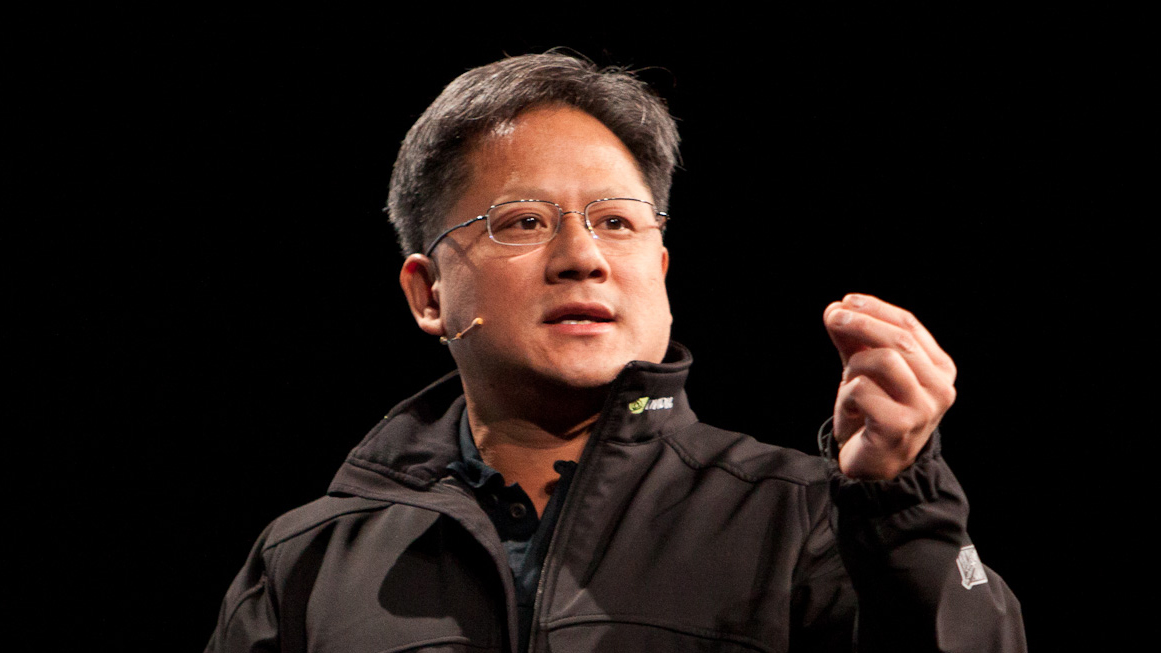What would the union of ARM and Nvidia mean for the mobile industry?
Softbank’s $32 billion takeover of Arm in 2016 was lamented by many within the British technology industry.
While politicians sought to present the deal as evidence of the UK’s industrial prowess and evidence that Brexit wasn’t the doomsday scenario that many feared, others felt the country’s best chance of creating a homegrown international tech giant had been lost. That Brexit had weakened the pound and therefore made ARM an easier target added insult to injury.
One silver lining was that Softbank committed to not only keeping ARM’s research and development in Cambridge but also to expand the workforce. Softbank’s motivation for the deal was a belief that ARM’s technology would be critical in powering the Internet of Things (IoT).
Four years on and things are a little different. Softbank is under pressure after a number of failed investments – most notably WeWork – and has used sales of more blue-chip stakes to help ease the balance sheet.
- Find the best Nvidia GPU for you
- We'll show you how to build a PC
- Here's our list of the best business laptops around today
Softbank and ARM
It is thought ARM could be next, with Softbank either re-floating the company or selling it. This has led to speculation Nvidia could be interested – a move which would be controversial given that ARM’s business model is based on licensing its designs to any vendor.
Nvidia would in theory have the potential to adjust technical roadmaps to suit its own needs, potentially strengthening its portfolio. However to favour one organisation over another would be to the detriment of Arm's other customers.
While there is no denying Nvidia could afford the touted $35 billion price tag being touted, it is suggested the value of Arm would immediately be lowered should it fall into the hands of a vendor.
Neither party has commented on the rumours but some analysts are sceptical about the logic behind such an acquisition. In any case, the transaction would have difficulty gaining regulatory approval and could take years to resolve – destabilising the entire Arm ecosystem.
A separate report claimed Apple was approached to discuss a potential takeover but was not interested.
Geoff Blaber from CCS Insight says the value of Arm is in its independence and that any move by Nvidia could cause other vendors to seek an alternative – such as the open source RISC-V
“In reality, Arm is a licensing business,” he explained. “Although it could put Nvidia in a powerful position of control, some $35 billion would be a steep price to pay, and licensing alone offers little synergy. Nvidia could license Arm technology and build its own CPU cores, or partner to do so without acquiring Arm.
“A lot of stories have been written about whether Nvidia should or shouldn’t acquire Arm. I firmly believe that such a move would be detrimental to Arm and its ecosystem, and would not be good news for the industry if it were allowed to proceed.”

A possible flotation?
Hermann Hauser co-founded Arm back in 1990 and he too has reservations about the deal. He told the BBC that he was increasingly concerned that such a takeover was likely and that should Arm fall into Nvidia’s hands, it would be a "disaster".
Hauser also opposed the sale to Softbank but says that at least the Japanese firm has kept its commitment to invest in Cambridge. He fears that under Nvidia, decisions would be made in the US and that other chip manufacturers would seek an alternative to Arm technology.
His preference would be for Arm to become a UK-owned company once again and believes the government would do well to facilitate such a deal. While Hauser accepts that current circumstances mean public money is at a premium, he cites the willingness to invest in OneWeb as evidence that the government would intervene if there was a strategic incentive.
While the vast majority of the mobile industry would be concerned more about ecosystem and supply chain rather than reinforcing the UK’s position as a chip powerhouse, a flotation could be the best route forward.
“The alternative, and by far the best option, is that Arm returns to public ownership,” concluded Blaber. “This would ensure its ongoing independence and that the company retains a management team that understands its value and priorities. Despite the speculation, I’m optimistic that this is the more likely option. Let’s hope that SoftBank ultimately pursues the IPO path for Arm.”
- These are the best business smartphones you can buy
Via BBC


No comments